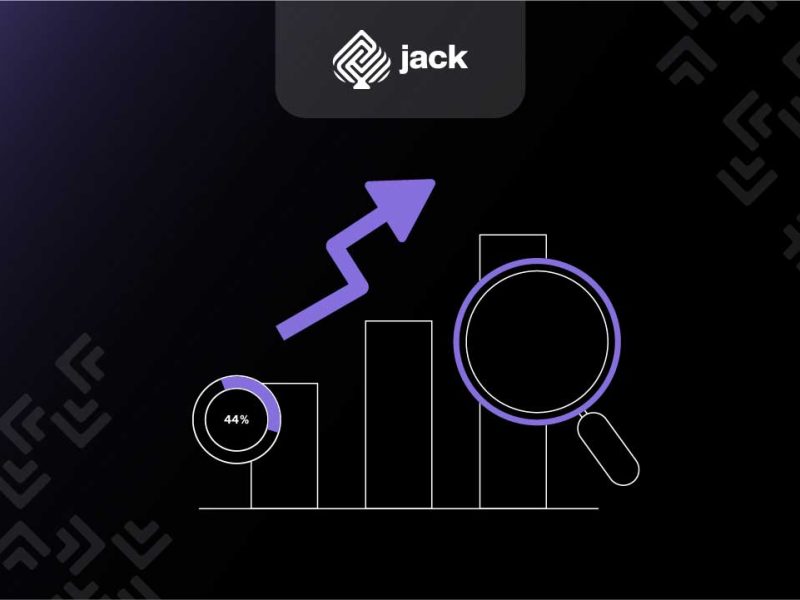Many modern businesses sit on piles of data, yet don’t know how to make the most of it. As a result, business decisions are often made based on intuition rather than data leading to wasted time, effort, and money.
This is where Business Intelligence (BI) comes in transforming raw data into actionable business insights. In this article, we’ll break down how a Business Intelligence specialist works, their day-to-day responsibilities, and the tools they use to turn data into business strategies.
What Is Business Intelligence?

Business Intelligence (BI) is the process of collecting, processing, analyzing, and visualising data to help companies make better decisions.
A Business Intelligence Specialist is responsible for gathering information from multiple sources sales data, customer behavior, and operational activities and presenting it in a form that is easy to understand for management or stakeholders.
In another sense, Business Intelligence refers to a set of tools (often software-based) that help you understand your current business condition by analyzing data.
The goal? To support smarter, more strategic decision-making that leads to increased profitability, operational efficiency, and a stronger competitive edge.
BI is more than just creating pretty charts. The ultimate goal is to answer key questions like:
- What’s currently happening in the company?
- Why is it happening?
- What should we do next?
And then provide measurable solutions. In software contexts, these parameters might include scoring, signals, or other indicators that help teams make better data-driven decisions.
How BI Differs from Business Analysts and Business Development
| Role | Main Focus |
| Business Intelligence | Turning data into actionable insights |
| Business Analyst | Analyzing business needs and processes |
| Business Development | Identifying growth and partnership opportunities |
In short, BI tends to be more technical and data-driven. Business Analysts focus more on process and solutions, while Business Development professionals focus on relationship building and business expansion.
Key Responsibilities of a Business Intelligence Specialist
Some of the main tasks performed by a BI specialist include:
- Collecting and integrating data: Pulling data from various systems like CRMs, transactional platforms, or web analytics tools.
- Cleaning and processing data: Ensuring the data is error-free, de-duplicated, and ready for analysis.
- Creating reports and dashboards: Presenting insights through charts, dashboards, or regular reports for executives and teams.
- Delivering business insights: Explaining data findings like reasons behind a sales drop or identifying a new product opportunity.
- Cross-functional collaboration: Working closely with marketing, product, and finance teams to build data-driven strategies.
- Maintaining data quality: Regular audits and validations to ensure data remains accurate and reliable.
How a BI Specialist Works Within a Company
A Business Intelligence Specialist typically works using an ETL (Extract – Transform – Load) approach. According to Wikipedia, ETL consists of three data processing stages: extracting data from sources, transforming it for analysis, and loading it into a target system like a data warehouse.
- Extract: Pulling data from various sources (websites, databases, spreadsheets).
- Transform: Cleaning, grouping, and converting the data into a consistent format.
- Load: Feeding the data into analytics or visualisation tools for further processing.
For example, a BI specialist at a retail company might gather sales data from 50 stores, standardise the format, and present a weekly performance dashboard per location.
Read Also: Agile Development Software: The Key to Efficient Developer Team Collaboration
BI’s Role in Decision Making
BI enables company leaders to:
- Identify which products are top sellers this month.
- Understand customer churn trends.
- Optimise marketing budgets based on channel performance.
- Forecast future product demand or sales growth.
With BI reports, management moves away from guesswork and bases decisions on real, accurate data.
Tools Used by Business Intelligence Specialists
Some common BI tools used in Indonesian companies include:
- SQL & Python: Essential for querying and analyzing data. SQL is a must, while Python helps with advanced analysis and automation.
- Excel (Advanced): Still widely used for basic data processing and quick modelling.
- Google Data Studio / Looker Studio: Great for real-time dashboards accessible across teams.
- Power BI / Tableau / Metabase: Popular tools for data visualisation ideal for weekly reports or executive presentations.
- Google Analytics & CRM tools: Provide insights into customer behavior and integrate user data.
- ETL Tools (Talend, Apache Nifi): Automate the transformation of data from multiple sources.
Mastering even 2–3 of these tools can give you a strong head start in a BI career.
Essential Skills & Traits for BI Professionals
Being a BI Specialist isn’t just about technical skills it also requires strong communication and business understanding. Key skills include:
- Analytical Thinking: Spotting patterns and drawing conclusions from complex data.
- Strong Communication: Explaining insights to non-technical stakeholders.
- Problem-Solving: Using data to identify root causes and recommend solutions.
- Critical Thinking: Questioning data integrity and sources.
- Attention to Detail: Ensuring data accuracy to avoid faulty decisions.
Read Also: Understanding the Brain Behind Digital Text: How OCR Works (Optical Character Recognition)
BI’s Growing Role in the Future of Business
Business Intelligence is not just a technical role it’s the core of modern decision-making. In a digital era where every click generates data, the need for BI is only going to grow.
By understanding how a BI specialist works, it becomes clear how vital they are in shaping strategy, streamlining operations, and increasing business profitability.
For those considering a career in BI, start by learning SQL, build a simple dashboard in Google Data Studio, and explore how data can solve real-world business challenges.
Use Jack for Your Business Needs
As a leading commercial software for financial management, Jack offers an all-in-one platform designed to simplify financial operations for Indonesian companies.
With products like the Corporate Card for flexible team spending, International Transfer for cross-border transactions with flat fees, and Local Transfer for instant payouts to local banks and e-wallets, Jack unifies vital financial processes in one ecosystem.
Tools such as Pay Invoice for automating bill payments, Payroll for seamless salary distribution, and Reimbursement for hassle-free claim submissions using digital approval and receipt uploads make Jack a powerful solution for businesses seeking streamlined automation.
Beyond comprehensive financial tools, Jack prioritises real-time control and process efficiency. All transactions can be monitored through a central dashboard including secured company balances enabling easy budget tracking and internal audits.
Backed by infrastructure regulated by Bank Indonesia, Jack offers reliable and secure solutions for managing your business’s complex financial needs.
If you’re looking for a custom financial management system tailored for Indonesian corporations, Jack is the right choice for driving business growth without administrative bottlenecks.






